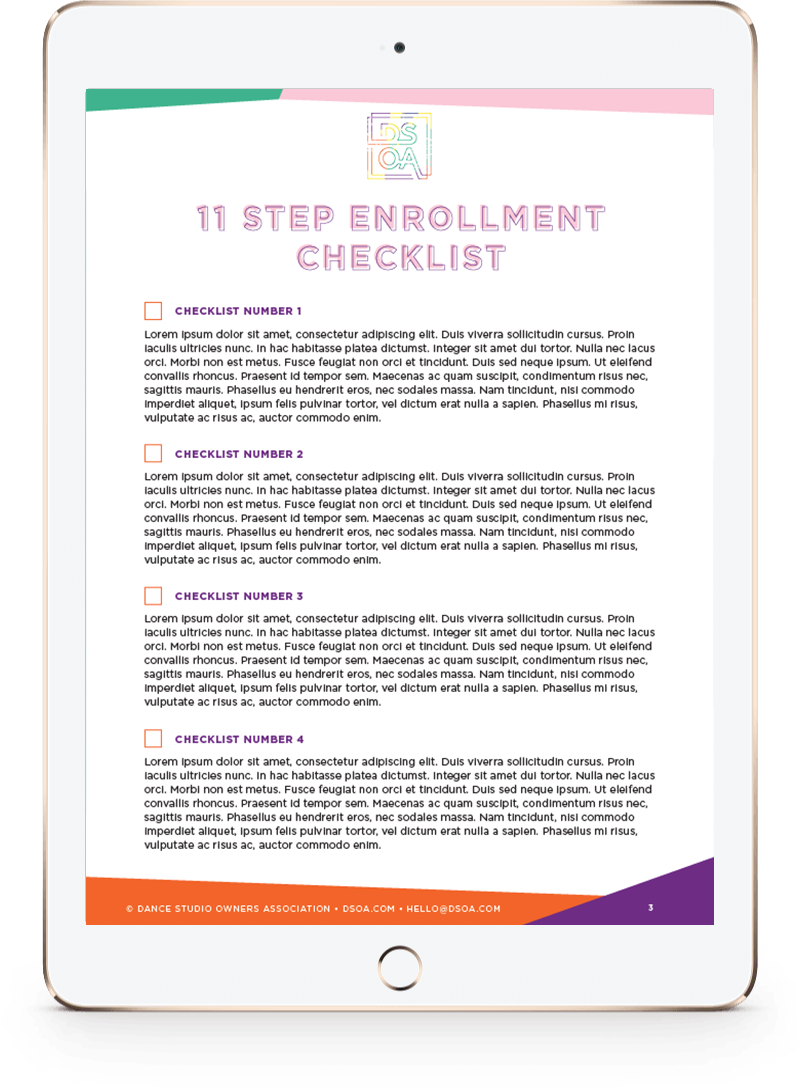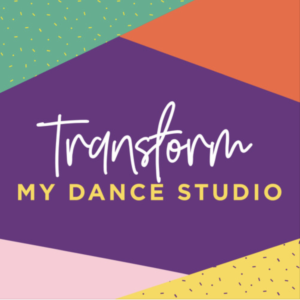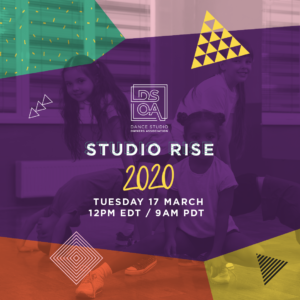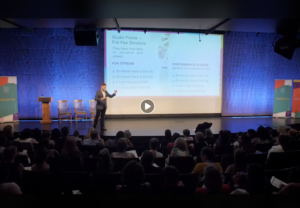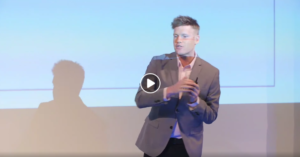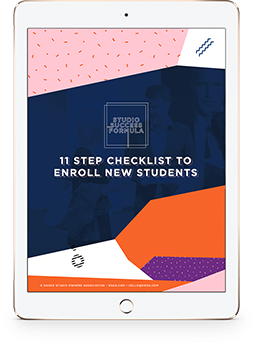By Studio Growth Coach, Kristy Ellis
Are you frustrated with your existing customers expecting more but are not willing to pay for your service? Let’s rewind and look at how you have trained your customers to think about the brand of your studio. In short, it is key to build a brand that rewards customers for paying full-price for your service and you must show your value to your customer by educating them.
Offering discounts on your service can be quite damaging to your brand. Discounts are a good strategy when you want a quick burst of sales but offering discounts too often, and without being prompted by your customer, it may show a lack of confidence in what you are selling
“It’s saying that you don’t believe enough in what you’re selling that you think you can sell it for the standard price. You’re showing your cards, and proving that you have a weak hand. As soon as you offer a discount, your prospect immediately loses confidence in you and sees that you don’t stand behind what you’re trying, wholeheartedly, to sell to them. Confidence is a game changer, so when you’ve lost that, you’ve most likely lost the sale too.” – New Breed Marketing Director, Alyssa Rimmer
By offering discounts throughout the year, you will also begin to lower the quality of service you offer. This could mean you need to employ cheaper staff, reduce the level of customer service you provide, or not be able to offer state-of-the-art facilities and opportunities to your students. In order to have effective discounts, you must know the end goal for the offer and a quick call-to-action to fulfil the goal.
You get what you pay for.
Knowing your customers goal will also assist you to serve them. For a studio, your ideal customer could be someone who wants dance as a long-term hobby or even career for their child. This is a “life-time student” – someone you train from a very young age through to beginning their career as a dancer. Your sell point to them could be “it takes more work to correct mistakes than it would have been to do it right the first time.” This is why they would choose you – a more expensive option – over the other (cheaper) alternative studio down the road.
Know your ideal customer and focus on getting them into your studio. Be the solution to your ideal customer’s problem. What is their goal for joining a dance studio? what does their week look like? If they are a full-time working parent and you can offer a timetable solution, price becomes irrelevant as you have just solved a problem for them.
Set your prices right from the beginning. In DSOA we talk a lot about knowing your numbers. You must know your bottom line in order to charge appropriately for your service. If you switch focus to your profit and loss rather than student numbers, you will be able to see that by not discounting your rates, you can take on fewer students. Not only will you be having to serve less customers, your ideal customers will benefit as well from the additional attention. Working smarter, not harder is the ultimate goal – stop working 80 hour weeks for discounted rates but rather work for the same income while spending less time at the studio.
Try giving customers the same sense of urgency to enroll in your classes without the need to discount each time.
Remind your existing customers why your product is still valuable at a higher price. Focusing on your value should always be your priority. Let your customers (new and existing) know how your service adds value to them as the customer.
Alternatives to discounting
- When customers sign up to a subscription with you, they are rewarded. The true value of your product can be seen in your casual class pricing (example: $25 per class) but when they sign a 12 month contract, this price is lowered to $22 per lesson because your administration costs are considerably lower. Therefore, the customer will benefit from the subscription model.
- Instead of discounting your product, offer extras. This says to your customer that you have thought about a strategy behind your offer. This could be ‘Bring A Friend for Free’ or ‘Free dance bag with your enrolment’. Freebies won’t devalue your brand, they also don’t reward the habit of waiting for a discount on future purchases.
Patrick Campbell from Pricing Intelligently has a message for compulsive discounters; “Blindly discounting is one of the worst things you can do, because you’re conditioning your customer into de-valuing your product, and you’re literally throwing money away by putting it back on the table from the initial and future sales with that customer. People LOVE to get deals and feel special, but that doesn’t mean you have to cut the price. Instead, add more units, premium service, etc. A little surprisingly goes a long way, and you won’t succumb to the long term implications of discounting. Psychologists have proven, human beings would rather receive 2 for 1 than 50% off.”
Offering a free gift also aids at incentivising an up-sell. For example, if a student were to enrol in 3 classes per week, they could receive a free leotard for their upcoming examination. The more you buy, the more you will be rewarded.
- Product bundle. Instead of showing your pricing as a sliding “discount” scale, consider packaging your classes into a bundle that provides an incentive to spend more for a greater value.
- Let your customers know what you are about. When people feel connected to your studio brand they are more likely to be loyal. People want to find a tribe. They will purchase product from a company that ‘gets them’ and has a similar vision for their child. Know what makes your studio special.
- Offer a membership option. If they register as a VIP member, they gain access to information, limited edition merchandise, early recital tickets, surprise gifts and personalised thank you notes from you – the studio director. These VIP’s become your biggest cheerleaders, your ‘super fans’. They are happy to spend more money because the have something to look forward to, something to keep coming back for and don’t want to miss out.
- Giving back. Dance studios are a community-based business. The question then becomes “how often do you give back”? The majority of companies now have a social awareness. What will yours be? Do you have a studio angel program that assists with hardship grants or do you donate a voucher to the local school each year. Do you partner with a foster care or domestic violence organisation to offer children classes? Being present in your community brings your tribe closer – and what better way for a student to feel proud than to know you have donated a voucher to their school.
Discover more ways to profit and thrive in your studio by joining our team of coaches and vibrant community of like-hearted studio owners inside the Dance Studio Owners Association
Kristy Ellis is the Founder and Creative Director of UP Agency, a consulting company passionate about creating spectacular events and customer experiences. Combining her passion for the performing arts together with qualifications and experience in Business and Event management, UP Agency is fast becoming a highly sought after end-to-end event company.
At the age of 20, Kristy founded her first dance studio, which quickly grew to a successful multi-location performing arts studio. During this time, she gained extensive experience, qualifications and training as a dance teacher, choreographer, design & importing textiles and company director. Kristy is passionate about the performing arts industry working together to help in each others’ success and is a studio growth coach with Dance Studio Owners Association with a focus on improving sales and customer experience through implementing systems, strategies, websites and social media to help studio owners gain more work-life balance.
SHARE THE LOVE
[Sassy_Social_Share]
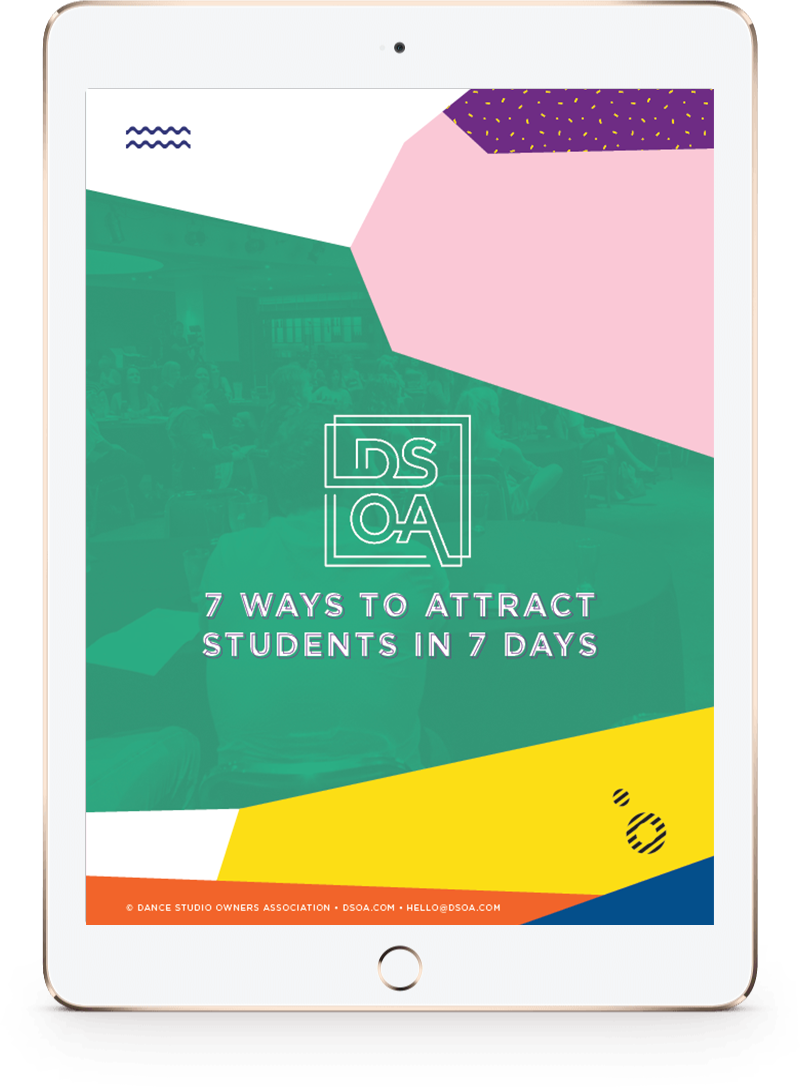
YOUR 7 DAY GUIDE TO ATTRACTING STUDENTS
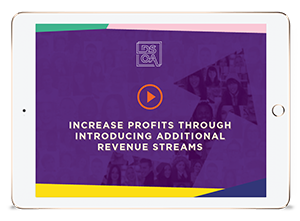
Increase Profits
Through Introducing Additional Revenue Stream
